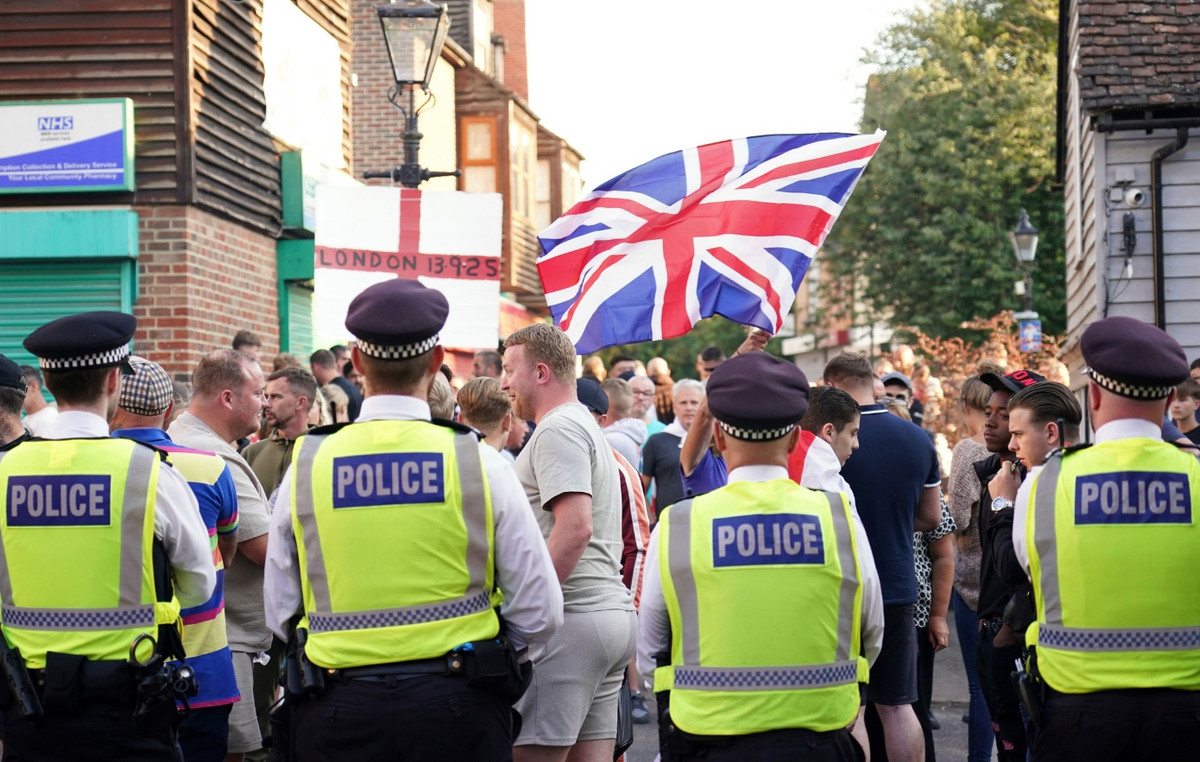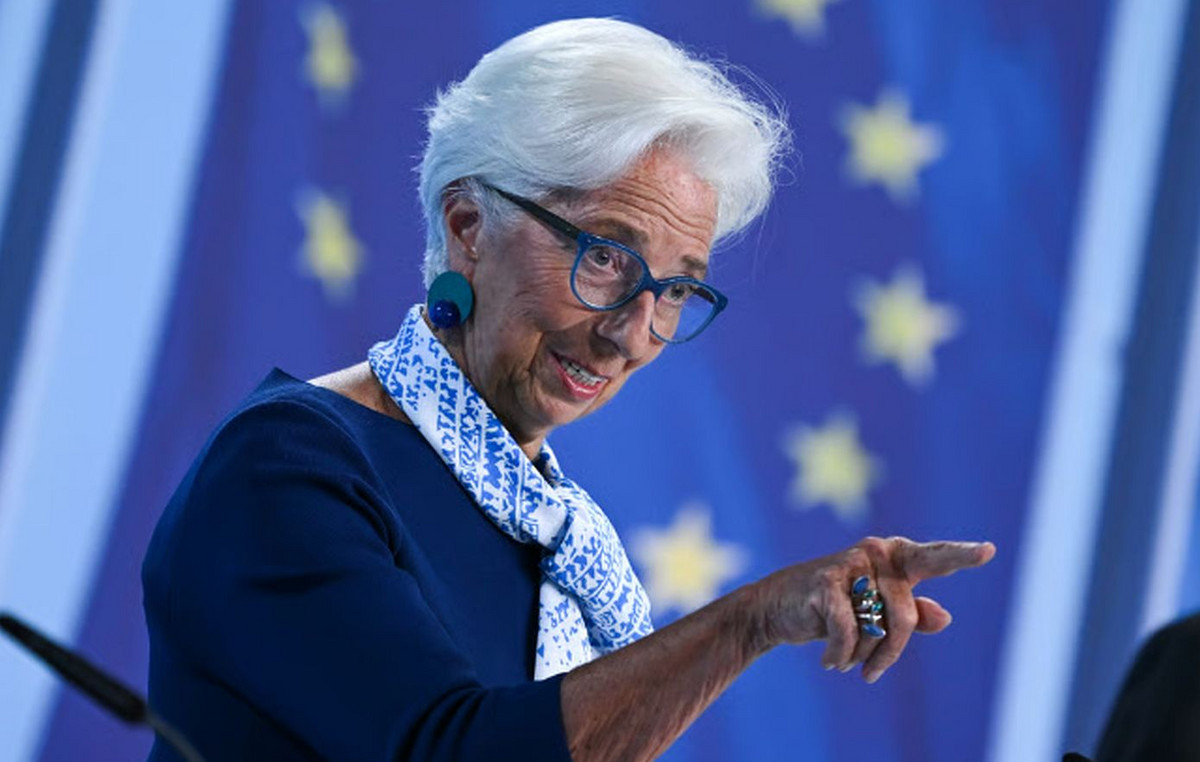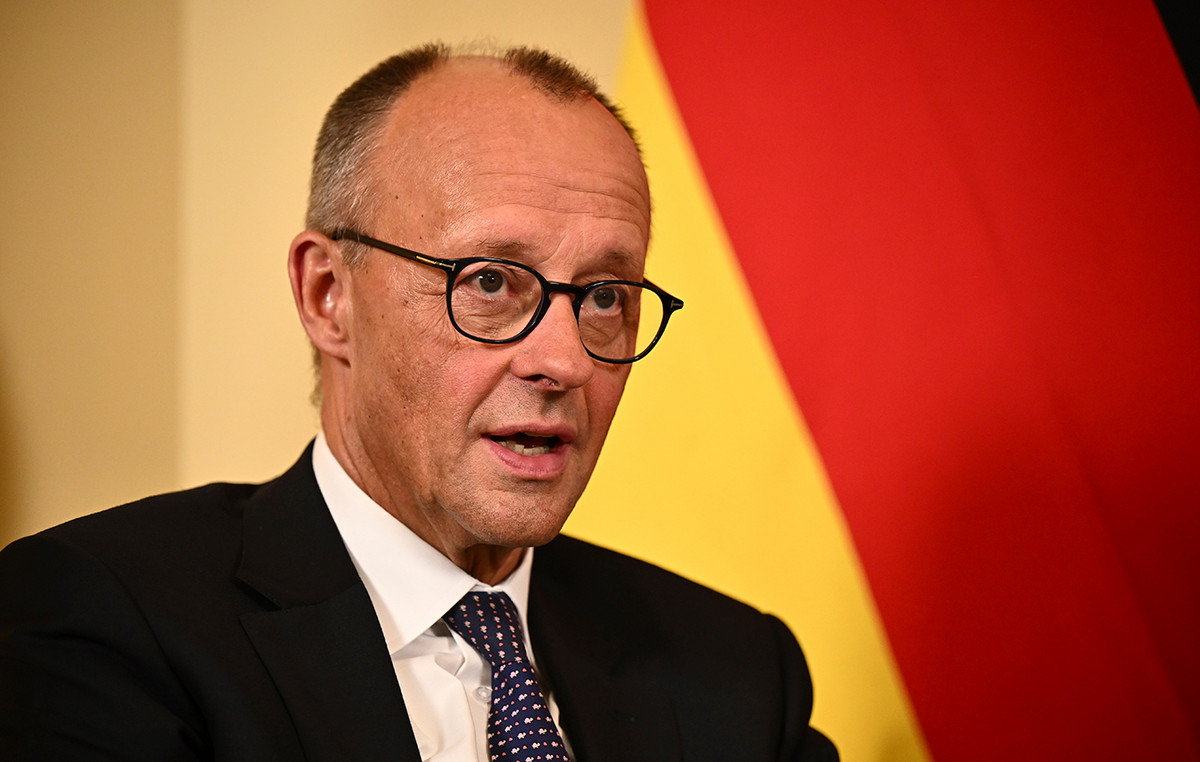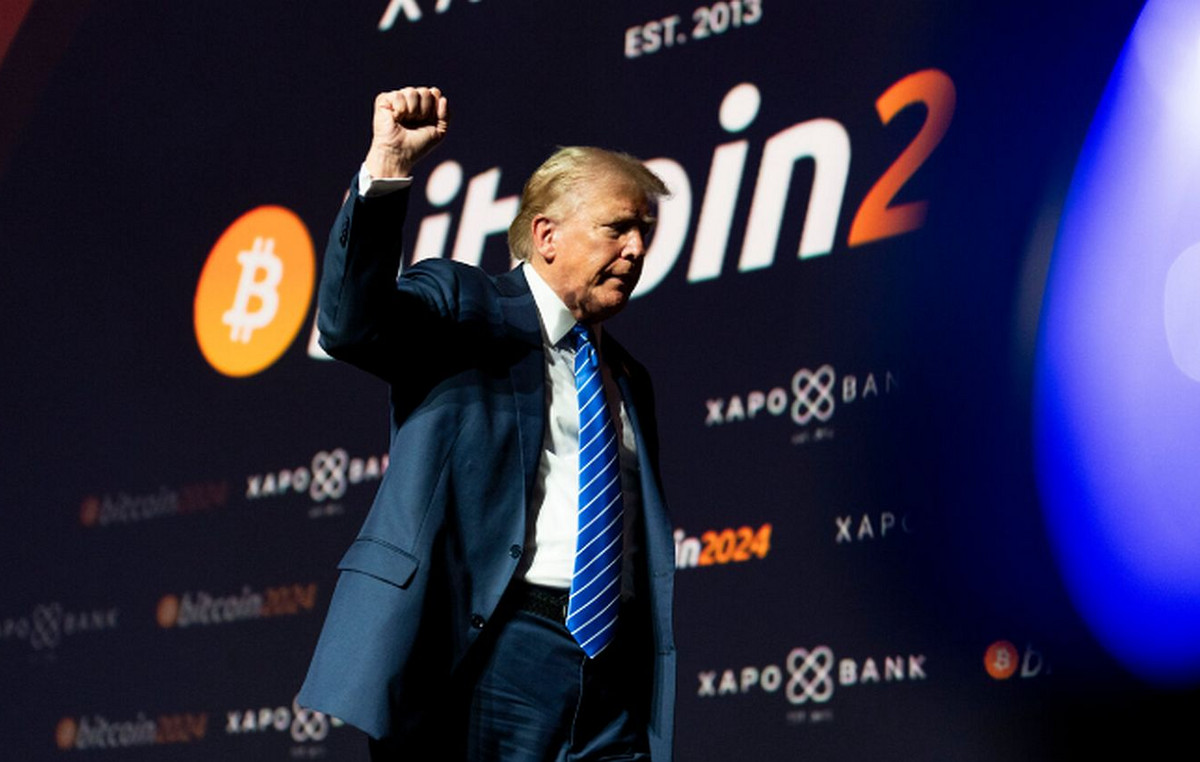The citizens of Belarus are voting in the presidential election this Sunday (26), which is expected to extend the government of Alexander Lukashenko, who has been in power since 1994 and is Europe’s longest-serving leader.
In the last vote in 2020, Lukashenko claimed a landslide victory with more than 80% of the vote. The opposition did not recognize the result, claiming that Sviatlana Tsikhanouskaya was the rightful winner.
Hundreds of thousands protested in the capital, Minsk, triggering the harshest crackdown in the country’s post-Soviet history.
In 2025, Tsikhanouskaya is not asking Belarusians to return to the streets as the “costs” are too high.
Since the government’s response to the demonstrations in 2020, Tsikhanouskaya has lived in exile with her two children. Human rights activists say the country holds more than 1,200 political prisoners, including the opponent’s husband, Sergei, with whom she has been unable to contact for almost two years.
She only ran in 2020, after her husband was arrested and prevented from running. Lukashenko allowed the opposition to run against him — something that led to the biggest threat he has faced in his decades-long government.
“He was complacent and completely misjudged the public mood,” said Nigel Gould-Davies, former UK ambassador to Belarus, to CNN.
“That’s why he’s not taking any chances this time,” he added.
Now, Lukashenko is facing just four token challengers, one of whom has stated he is running “not instead of, but alongside the president.”
For the first time, no independent observers will be monitoring the vote, and polling stations abroad will not be open, depriving around 3.5 million citizens outside the country of voting.

Alexander Lukashenko will be 74 years old if he completes his seventh term in office. But he has given no indication that he intends to resign.
“As long as I am healthy, I will stay with you,” he commented during a visit to a church outside Minsk earlier this month.
Last week, he mocked opposition leaders who the president said were waiting for him to “drop dead.”
“They say, ‘He’s about to die, his voice isn’t the same, he has trouble speaking.’ Don’t hold your breath”, he pointed out.
Belarus opposition calls election a “sham”
Although she did not call for large-scale demonstrations, Tsikhanouskaya called on Belarusians to express their dissent at the polls.
“We are asking those forced to participate in this fake election to vote against all candidates,” he wrote on Telegram.
The opposition movement said the “elections” are merely “a meticulously orchestrated sham designed to perpetuate the illegitimate dictator’s hold on power.”
The European Parliament and the US State Department also labeled the election a “sham”.
“Repression arises from weakness, not strength. The unprecedented measures to stifle any opposition make it clear that the Lukashenko regime fears its own people,” the US State Department commented last week.
Lukashenko says he doesn’t care about the West
After voting this Sunday (26), Lukashenko told journalists that he doesn’t care whether the West recognizes Belarus’ election or not.
Lukashenko, a 70-year-old former Soviet collective farm boss, survived the 2020 election “scare” in part thanks to a longtime ally, Russian President Vladimir Putin, whose support has become existential for his government.
After state media officials resigned in solidarity with the opposition, Putin sent Kremlin propagandists to replace them. Since then, Belarus’ dependence on Moscow has only deepened.

But Russia has demanded a price for its support, using the country as a “launch pad” for its full-scale invasion of Ukraine in 2022.
Since then, Lukashenko has allowed tactical nuclear weapons to be deployed on Belarusian soil. In December, the president said he was also preparing to receive Russia’s new ballistic missile, the “Oreshnik,” first used in an attack on Ukraine late last year.
Belarus’s dependence on Russia
While Lukashenko is “more dependent on Russia and Putin personally than ever before,” there may be limits to this alliance, mused Gould-Davies, senior fellow for Russia and Eurasia at the International Institute for Strategic Studies.
“Belarus provided a wide range of valuable services to Russia, but what it clearly did not do was send its own forces [para a Ucrânia]”, he highlighted, suggesting that he may fear a negative reaction among his own troops or general population if he does so.
“Ordinary Belarusians emphatically do not see this as their war, and could not be persuaded that it is, no matter how much propaganda the Belarusian state did for them,” the expert noted.
Repression by the Belarusian government
Since 2020, Lukashenko’s government has intensified its efforts to stamp out dissent. As of late December 2024, Belarus held 1,265 political prisoners, according to Viasna, a human rights group.
Among them is Ales Bialiatski, the founder of Viasna who received the Nobel Peace Prize in 2022, along with human rights groups from Russia and Ukraine.
The oldest prisoner is 76-year-old Mikhail Liapeika, who was sent for compulsory psychiatric treatment after insulting Lukashenko.
Pavel Sapelka, Viasna’s lawyer, alleged that many detainees are held in conditions and subjected to treatments that amount to “torture”.
This content was originally published in Lukashenko could win 7th term in Belarus; opposition talks about a “farce” on the CNN Brasil website.
Source: CNN Brasil
Bruce Belcher is a seasoned author with over 5 years of experience in world news. He writes for online news websites and provides in-depth analysis on the world stock market. Bruce is known for his insightful perspectives and commitment to keeping the public informed.







